Red Cross 'inundated' with trace requests for Middle East's displaced
- 2019-03-15 23:16:01


 Pierre Rayer: Art, Science, and Happiness: The Universal Mission of Transmission to Future Generations through Patronage at the Louvre Abu Dhabi
Pierre Rayer: Art, Science, and Happiness: The Universal Mission of Transmission to Future Generations through Patronage at the Louvre Abu Dhabi Ahly crowned Super champions after dramatic extra-time win over Modern Future FC
Ahly crowned Super champions after dramatic extra-time win over Modern Future FC Yemeni Honey..A Development Wealth Threatened By Conflict And Climate Change
Yemeni Honey..A Development Wealth Threatened By Conflict And Climate Change California wildfires: Millions warned of possible power cut
California wildfires: Millions warned of possible power cut Central African rebels launch attacks near capital
Central African rebels launch attacks near capital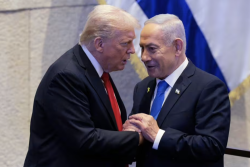 Phase two of Israel Gaza ceasefire to begin in days
Phase two of Israel Gaza ceasefire to begin in days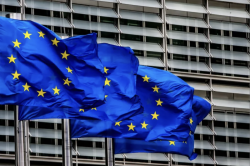 EU Reaffirms Commitment to Yemen’s Unity, Urges De-escalation
EU Reaffirms Commitment to Yemen’s Unity, Urges De-escalation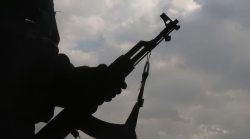 Syria says ISIS leader captured in joint operation in Damascus countryside
Syria says ISIS leader captured in joint operation in Damascus countryside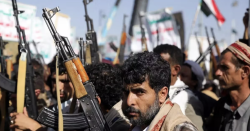 New York Times: UN Staff Held by Houthis in Yemen Excluded from Upcoming Exchange Deals
New York Times: UN Staff Held by Houthis in Yemen Excluded from Upcoming Exchange Deals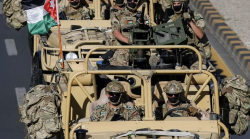 Jordanian army strikes near Sweida after intercepting arms, drugs smugglers near border
Jordanian army strikes near Sweida after intercepting arms, drugs smugglers near border
